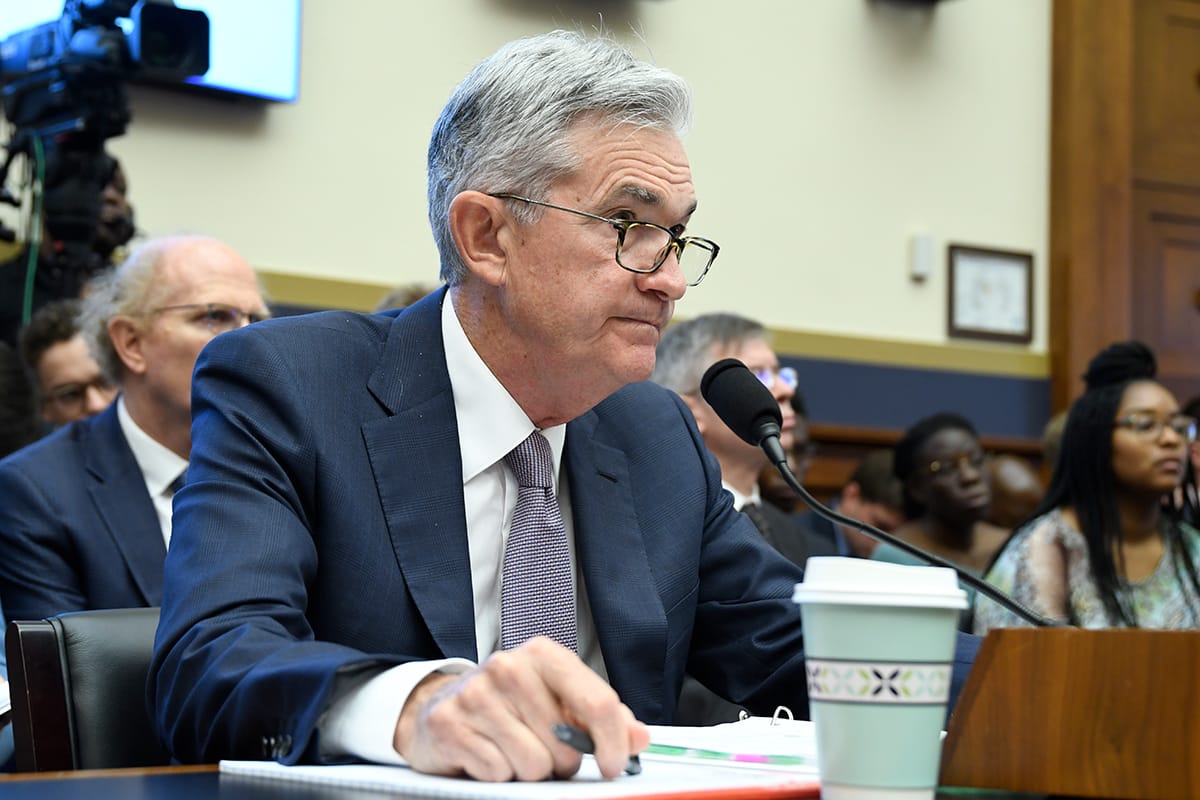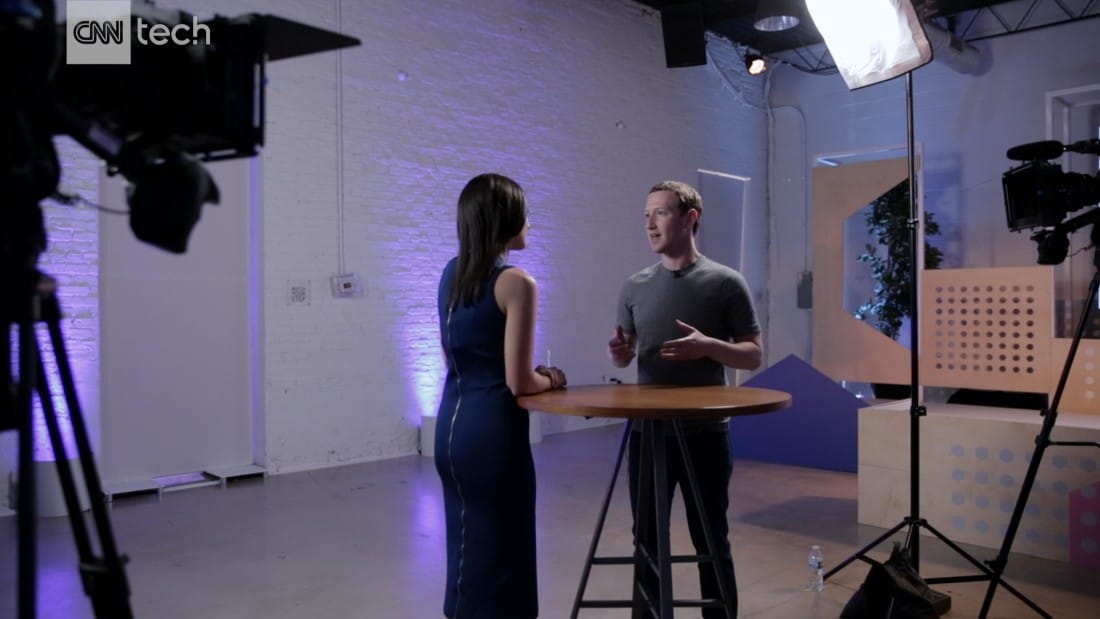In a landmark announcement, McDonald’s, the world-renowned fast-food chain, revealed its intentions to hire 375,000 new workers across the United States. This ambitious plan comes at a pivotal moment when the labor market is undergoing considerable shifts, driven by the post-pandemic economic landscape and an evolving workforce climate. The initiative aims not only to fill positions quickly but also to enhance the company’s operational capabilities to meet growing consumer demand.
The hiring spree will coincide with the current labor strategies proposed by former Secretary of Labor, Alexander Acosta, who served under the Trump administration. Acosta, known for his focus on workforce development and economic growth, will be working alongside McDonald’s to implement this hiring initiative effectively. The collaboration aims to develop innovative training programs and recruitment strategies that will streamline the hiring process, making it more efficient and appealing to prospective candidates.
Historically, the fast-food industry has faced challenges in attracting and retaining talent, particularly in the wake of widespread job shifts during the COVID-19 pandemic. Many workers have reevaluated their career paths, leading to a labor shortage in several sectors, especially in service-oriented positions. In response, McDonald’s is actively trying to position itself as an attractive employer by offering competitive wages, benefits, and flexible work schedules designed to meet the needs of a diverse workforce.
The 375,000 positions that McDonald’s plans to fill include roles ranging from crew members to managerial positions, across thousands of locations in the U.S. The company’s commitment to hiring these new employees is not only a strategic move to enhance customer service but also aims to provide numerous individuals with job opportunities in communities nationwide. While the fast-food sector employs many young people entering the workforce, this initiative seeks to broaden its appeal to a wide range of demographics, including older workers and those seeking to transition into new careers.
The partnership with Acosta is particularly salient given his track record of promoting policies that aid workforce participation and development. Acosta has previously advocated for programs that encourage employers to invest in their employees’ futures through skill-based training and flexible employment practices. His involvement may lend credibility to McDonald’s hiring strategy, attracting potential applicants who might have been hesitant about entering the fast-food industry.
Moreover, McDonald’s has expressed its commitment to diversity and inclusion in its workplace. The company aims to ensure that its hiring practices reflect the communities it serves, promoting equal opportunity and fostering a culture where all employees feel valued and included. As part of this initiative, McDonald’s hopes to actively engage with local community organizations to identify and recruit talent from various backgrounds, thus enriching its workforce and service delivery.
In addition to addressing immediate staffing needs, McDonald’s initiative stands to benefit the broader economy. By creating hundreds of thousands of jobs, the company can stimulate local economies and provide a boost to consumer spending. The prospective employees who secure positions will likely reinvest their earnings back into their communities, contributing to economic recovery and growth.
Amidst these efforts, McDonald’s also remains cognizant of the importance of worker satisfaction and retention. The company has outlined plans to enhance employee benefits, which may include increasing pay rates, expanding healthcare options, and implementing career development programs. By investing in its workforce, McDonald’s aims to reduce turnover rates and cultivate a more engaged and productive team.
The news of such large-scale hiring has stirred interest among business analysts and economists alike, as it reflects not only on McDonald’s business strategy but also on broader labor trends in the U.S. With many sectors grappling with similar labor shortages, the fast-food industry is looking to McDonald’s example as a model for effectively addressing workforce challenges. The collaboration with a former Labor Secretary further emphasizes the importance of strong leadership and cooperative efforts in navigating these complex labor dynamics.
As the hiring initiative unfolds, it will be crucial to monitor its progress and assess the impact on both McDonald’s operations and the wider job market. This collaboration signifies a proactive approach to tackling workforce challenges, with the potential to reshape how companies approach hiring in the post-pandemic era. McDonald’s initiative may serve as a pivotal turning point that could inspire other businesses to innovate their employment practices and promote economic resilience amidst rapidly changing labor conditions.
In conclusion, McDonald’s commitment to hiring 375,000 new employees alongside Alexander Acosta marks a significant effort to not only strengthen its workforce but also to enhance the economic fabric of communities across the country. As the initiative progresses, it promises to deliver opportunities for countless individuals, ensuring sustained growth and development in the fast-food industry and beyond.


